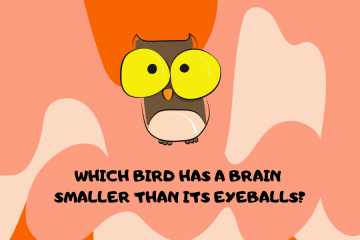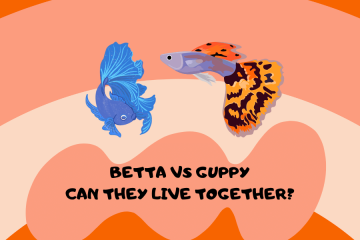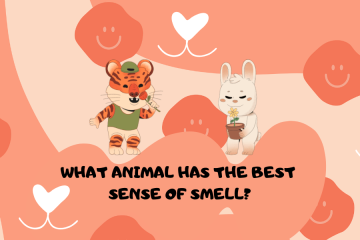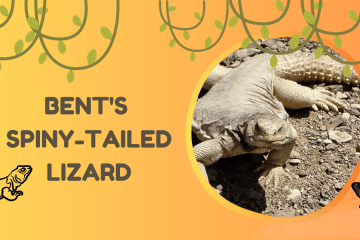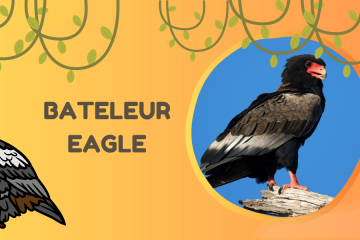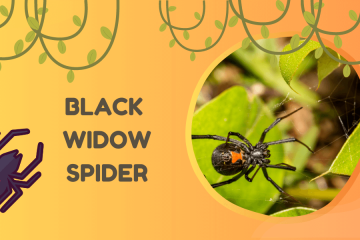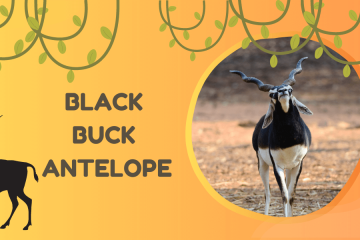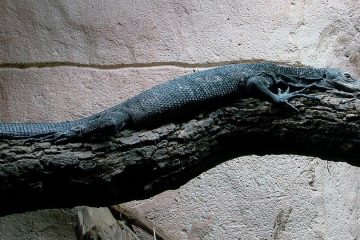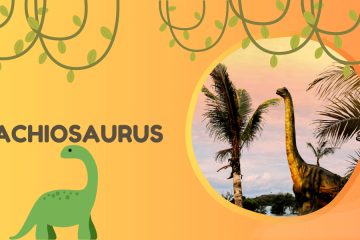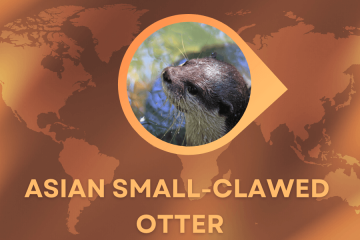They cannot produce the vitamin on their own, like humans can, and need regular vitamin C solutions to stay healthy.
How much vitamin C do guinea pigs need?
Guinea pigs need an average of 10 to 30 milligrams of vitamin C each day. If they are pregnant or sick, they likely need even more of the nutrient.
Because they cannot synthesize vitamin C on their own, it takes a lot of food and supplements with the nutrient to provide for a guinea pig’s needs.
Benefits of vitamin C for guinea pigs:
- Provides normal energy levels
- Protects for fur and coat
- Maintains appetite and weight
- Promotes gastrointestinal health
- Assists with wound healing and muscle development
- Helps maintain tooth and bone strength
Is there a difference among ages?
Vitamin C needs for guinea pigs differ by their age. Younger cavies need more vitamin C than older ones. They are growing and developing, so their bodies require more nutrients, I recommend you to read my premium guide „Before And After Getting Your Puppy„, to get an idea about their body language and noises they make.
If your pet is larger, they may also require more vitamin C than the average recommended daily amount.
What happens if guinea pigs don’t get vitamin C?
Vitamin C is crucial to a cavy’s growth and overall wellbeing. If they do not receive the necessary amounts of the nutrient, they can experience a wide range of health issues.
Vitamin C deficiency is a severe problem for them and can lead to scurvy, bone deformities, and problems with their immune system. Your pet can also experience the following side effects with a lack of vitamin C.
- Rough or coarse fur
- Disinterested in food
- Difficulty eating
- Upset stomach including diarrhea
- Slower healing times for wounds
- Lameness or lethargy
- Joint swelling
- Increased bruising
- Bacterial infections
- Brittle bones
- Poor tooth development
Can guinea pigs die from a lack of vitamin C?
Vitamin C deficiencies in guinea pigs can lead to serious health issues, including death if left untreated. When they develop scurvy due to a lack of vitamin C, their body is unable to produce collagen properly. I’ve owned a lot of piggies over the years and this is a great resource when you have questions.
This component is necessary to maintain bone and tissue formation. Without it, they can experience blood clotting and skin and joint problems, which can ultimately lead to death.
If you notice symptoms of vitamin C deficiency, you should contact your vet right away. They will conduct a blood analysis to determine how much vitamin C they have and offer treatment plans to restore their vitamin C levels.
Guinea pigs can experience vitamin C deficiency even if you are providing them with adequate amounts of the nutrient. They may be experiencing other health issues that interfere with their ability to absorb the nutrient.
Can guinea pigs have too much vitamin C?
It is better to provide your piggy with too much vitamin C instead of not enough. If they intake extra vitamin C, they will excrete it through their urine and not absorb it into their bodies. If you think they need a long-term supplement or a hefty dose of vitamin C, you should consult a veterinarian. Issues like kidney stones, bladder stones, and arthritis can arise if they receive too much vitamin C.
What can guinea pigs eat to receive vitamin C?
There are a variety of ways to provide your cavy with the vitamin C they need to remain healthy. In addition to vitamin C tablets, you can provide the nutrient in their everyday diet.
Fruits and vegetables with significant amounts of vitamin C can keep your pet healthy on a daily basis. Give them the following foods to balance their vitamin C levels.
- Parsley
- Red bell peppers
- Kale
- Carrots
- Broccoli
- Strawberries
- Cauliflower
- Snap peas
Some more fruits and vegetables can supplement your cavy’s daily intake of vitamin C. Introduce different foods into their diet slowly, and avoid overfeeding them fruits and vegetables.
You want them to receive the vitamin C they need without developing weight issues from increased sugar intake.
Can guinea pigs have human vitamin C tablets?
It is not safe to feed your piggy vitamin C tablets designed for humans. Humans require a higher amount of vitamin C each day than guinea pigs to maintain our health.
They can develop health issues if they get too much vitamin C. Doses of human vitamin C tablets are too high for them.
Are vitamin C drops suitable for guinea pigs?
Guinea pig-safe vitamin C tablets are the preferred method to supplement the nutrients they receive from their food. However, vitamin C drops are popular among pet owners because they are easy to use.
These drops are typically added to their water each day.
Not all cavies like the taste of water with vitamin C drops. They could refuse to drink, which can quickly lead to dehydration and other health issues.
It is also important to note that vitamin C can become less potent when it is added to water. You will have to replace their water and add more drops every day.
How many vitamin C drops do adult guinea pigs need? How many do senior guinea pigs need?
The required amount of vitamin C drops will differ by brand and solution. Most vitamin C drops call for two drops of the solution to be included in their drinking water each day.
Senior guinea pigs may require more vitamin C to fight off illnesses and diseases. As their immune system deteriorates over time, vitamin C can help boost their overall health.
Does the grass have vitamin C for guinea pigs?
Fresh grass contains high levels of vitamin C for guinea pigs. You can find the most nutritious fresh grass in the spring and summer to supplement their diets.
Hay and pellets also contain significant levels of vitamin C to support their health and wellbeing.
Conclusion
Guinea pigs need vitamin C to provide. Because they cannot produce the nutrient themselves, they rely on you to supplement their diet with vitamin C.
There is a wide range of vegetables and fruits to provide your piggy with vitamin C it needs to be healthy.
You can also add vitamin C to their diet through fresh grass, hay, pellets, and liquid drops. Keep a close eye on your cavy and monitor them for signs of vitamin C deficiency.
You are their best chance for defense if they do not receive and absorb enough vitamin C.

Lydia King is a huge animal lover and has always been fascinated with learning about the animal kingdom. She enjoys writing about anything animal related from scientific information about rare species to animal references in pop culture.

